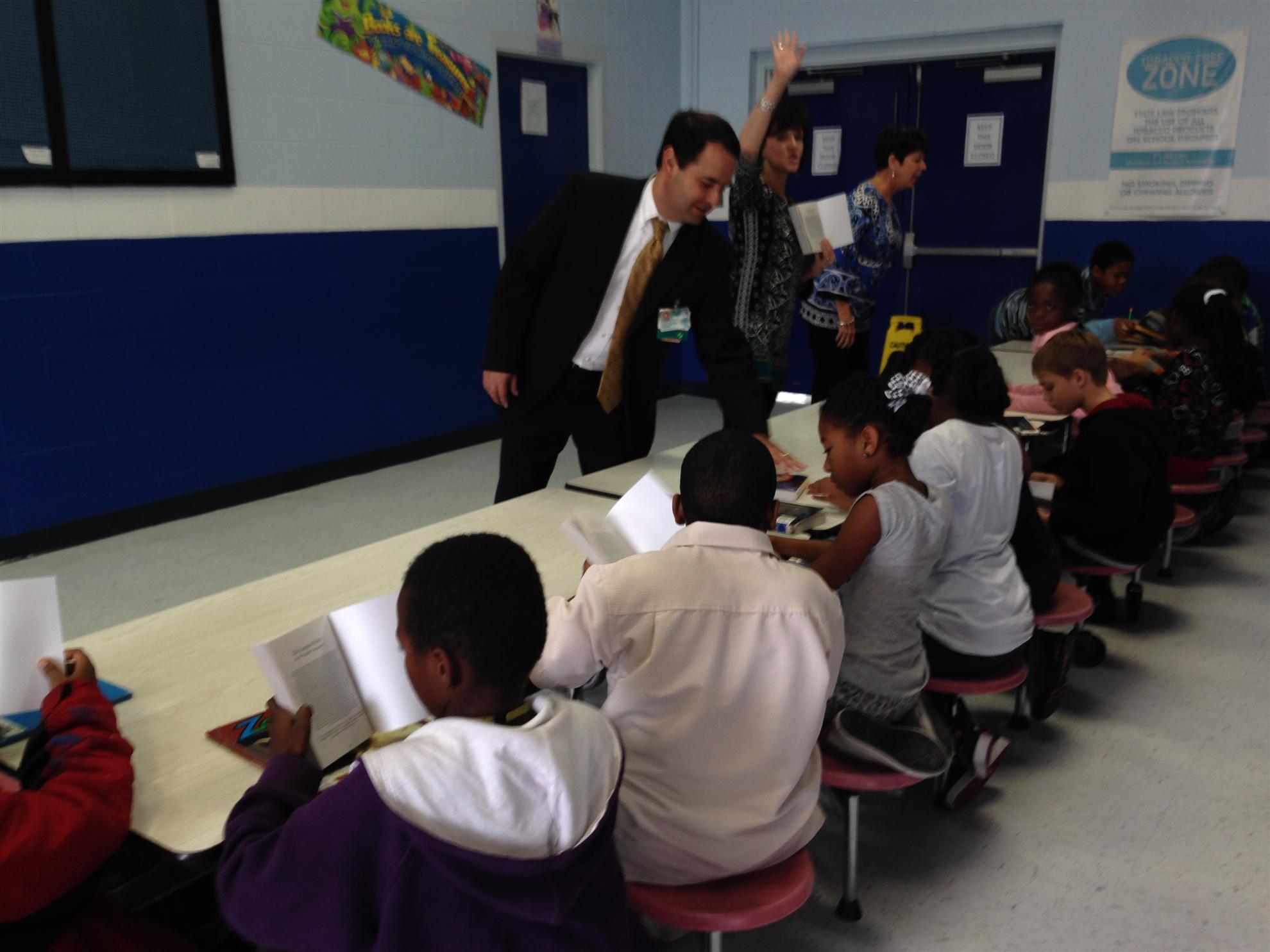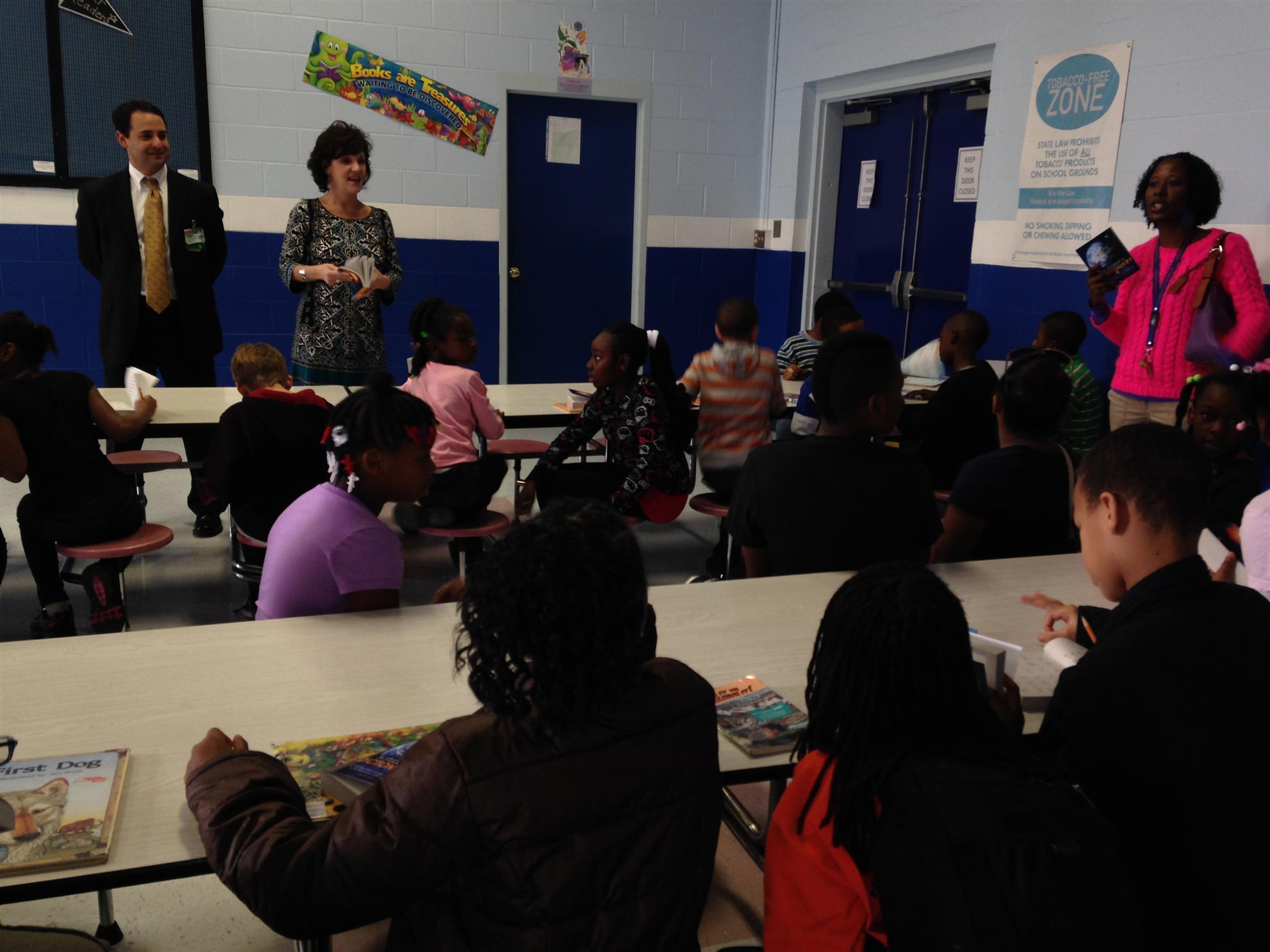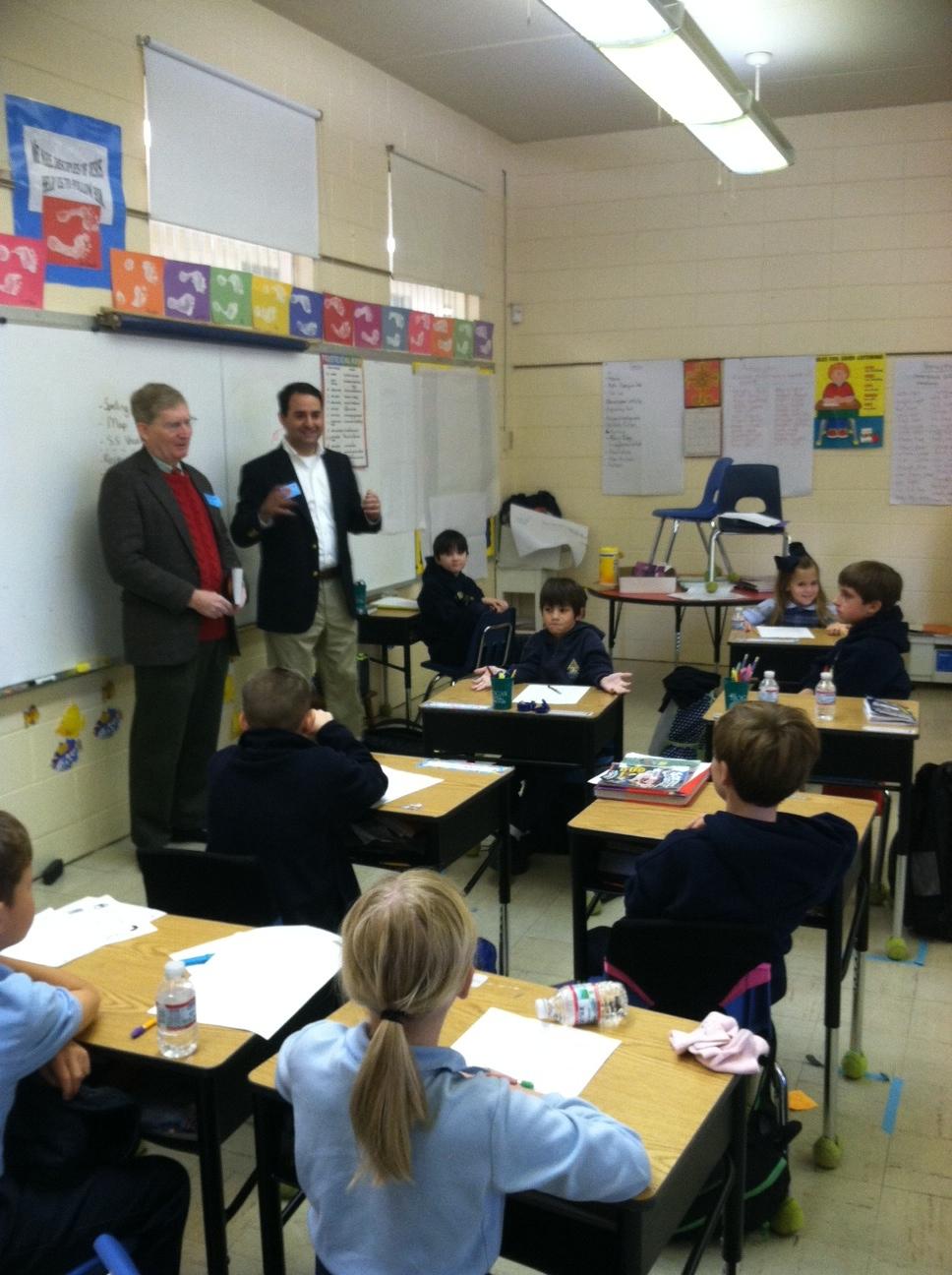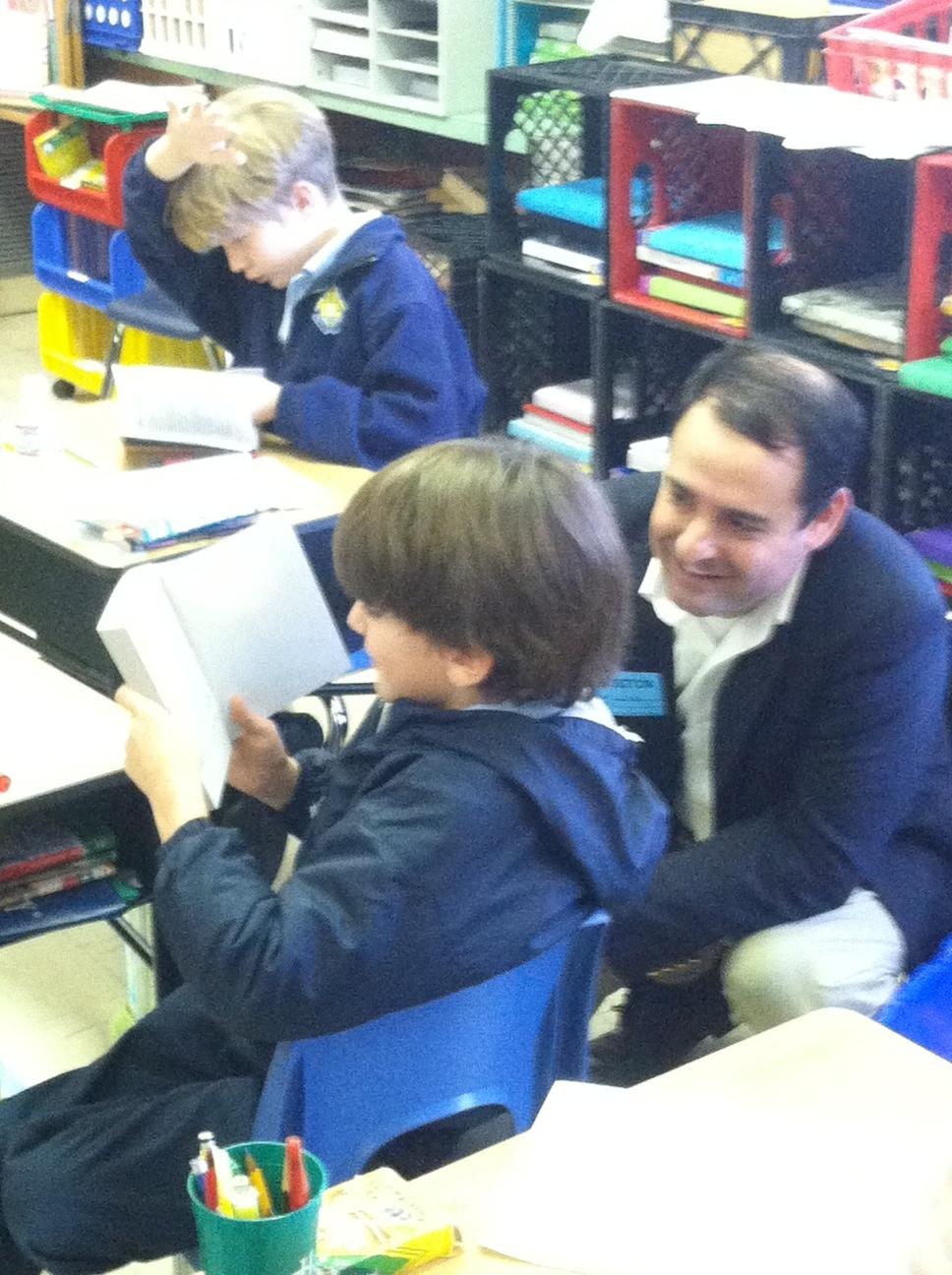THE ANNUAL DICTIONARY PROJECT
Mission Statement
The goal of this program is to assist all students in becoming good writers, active readers, creative thinkers, and resourceful learners by providing them with their own personal dictionary. The dictionaries are a gift to each student to use at school and at home for years to come. Educators see third grade as the dividing line between learning to read and reading to learn, so we encourage our sponsors to give dictionaries each year to children in the third grade.
Vision
With the support of local sponsors and volunteers, we want to provide a dictionary to every student in the United States. In this way we hope to help them to improve their communication skills and make the most of their education. Many of our sponsors are also taking the Dictionary Project beyond the United States, to help improve literacy worldwide.
History
The idea for The Dictionary Project began in 1992 when Annie Plummer of Savannah, Georgia, gave 50 dictionaries to children who attended a school close to her home. Each year she continued to give this gift, raising money to help give more and more books so that in her lifetime she raised enough money to buy 17,000 dictionaries for children in Savannah. Early on, her project attracted the attention of Bonnie Beeferman of Hilton Head, S.C., who began a project of raising money by selling crafts to buy dictionaries for the schoolchildren of Hilton Head and the surrounding communities. By 1995, Bonnie was getting so many requests from local teachers to be included in the project that she wrote a letter to the editor of the Charleston Post and Courier explaining the project and asking for someone to help meet requests from the Charleston area. Mary French, who was already an active school volunteer even though her two children were still of preschool age, read the letter and decided this was a project for her. Starting with a few schools in Charleston and Summerville, she realized quickly that providing dictionaries to all the students in Charleston was going to require serious fundraising. She and her late husband Arno French formed a 501(c)(3) nonprofit Association in 1995, along with a Board of Directors. Arno served as president, Mary became the director of the Association, and The Dictionary Project was born.
Since its implementation in 1995, over 18 million children have received dictionaries because thousands of people saw the same need in communities all over the United States.
The original goal set by the board was to provide dictionaries to all third-grade students in South Carolina every year. This goal was achieved in 1999. After The Wall Street Journal published a story about the project in March 2002, the Dictionary Project took on a national purpose and expanded its mission to include students in the 50 United States. The program is typically implemented in the third grade each year, since this is the age at which dictionary skills are usually taught. Educators describe third grade as the time when a student transitions from learning to read to reading to learn.
The program has been adopted and refined by individuals, businesses, and civic organizations all over the country. Groups such as Rotary Clubs, Kiwanis Clubs, Elks Lodges, Granges, Lions Clubs, The Republican Federation of Women, Pioneer volunteers, parent organizations, and many more, have implemented The Dictionary Project where they live. Anyone can participate in this project by sponsoring a program to provide dictionaries to children in their community. The dictionaries are a gift for the children to keep. Our sponsors give dictionaries and other reference books to children in all 50 states and the District of Columbia, the Virgin Islands, Puerto Rico, 9 Canadian provinces, and more than 15 other countries around the world.
Students can use the dictionaries throughout their school careers. Each year we offer a new edition of our dictionary that has been improved by sharing suggestions from teachers, students, and parents with the publisher. These and other ideas we receive from sponsors, students, and teachers are an integral part of this project because they give our Board of Directors direction. Through the Dictionary Project, sponsors can also choose to provide thesauruses, atlases, Spanish/English dictionaries, French/English dictionaries, or vocabulary builders to students in their local schools. The Dictionary Project is funded through donations and sponsors who introduce the program in their local schools. We are a 501 (c) (3) nonprofit organization, registered as a charity in all 50 states. A copy of our tax return and state registration are available upon request
 Gaston Point & Westminister Elementary Schools.
Gaston Point & Westminister Elementary Schools.

.JPG)

